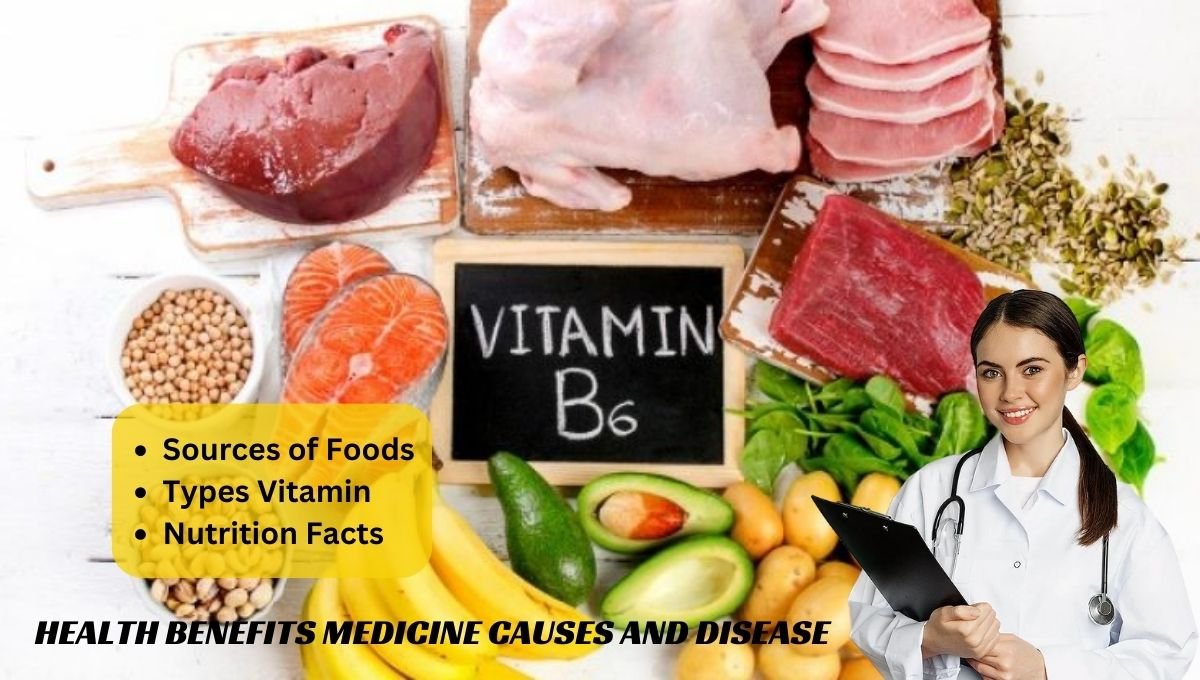Vitamin B6, also known as pyridoxine, is a water-soluble vitamin that plays a crucial role in various bodily functions, including metabolism, brain development, and immune function. It is involved in over 100 enzyme reactions in the body, making it essential for overall health and well-being.
Types of Vitamin B6:
- Pyridoxine: The most common and active form of vitamin B6.
Nutrition Facts and Health Benefits:
- Metabolism: Vitamin B6 is involved in the metabolism of amino acids, carbohydrates, and lipids.
- Brain Health: Supports brain development and function, including the production of neurotransmitters like serotonin and dopamine.
- Immune Function: Helps maintain a healthy immune system.
- Hemoglobin Production: Supports the production of hemoglobin, which carries oxygen in red blood cells.
- Nervous System Support: Contributes to the health of the nervous system.
Sources of Vitamin B6:
- Meat: Chicken, turkey, pork, beef.
- Fish: Tuna, salmon.
- Bananas
- Potatoes
- Whole Grains: Brown rice, oats, whole wheat.
- Legumes: Chickpeas, lentils.
- Nuts and Seeds: Pistachios, sunflower seeds.
Medicine Causes and Diseases:
- Deficiency Diseases: Vitamin B6 deficiency can lead to symptoms such as irritability, confusion, and anemia.
- Medications: Certain medications like oral contraceptives or anticonvulsants may interfere with vitamin B6 metabolism.
Caution for Vitamin B6 (Pyridoxine):
- Supplement Safety: High doses of vitamin B6 supplements (>100 mg/day) may cause nerve damage and other adverse effects.
- Interactions: Vitamin B6 supplements may interact with certain medications, so consult a healthcare provider before taking supplements, especially if you are on medication.
- Balanced Diet: It’s important to obtain vitamin B6 from a varied diet rather than relying solely on supplements for optimal health.
Post Views: 28
